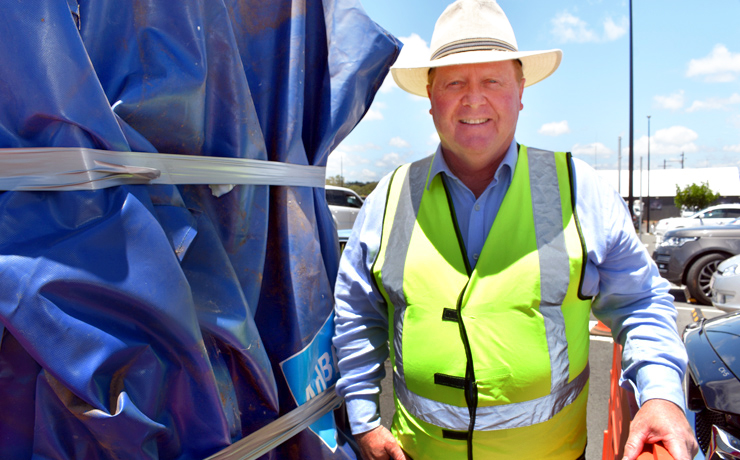
January 31, 2022
Kingaroy residents wondering what’s underneath a mysterious plastic-wrapped plinth that appeared recently in the Alford Street car park will have their questions answered soon.
On Tuesday, Council will be taking the wraps off the mystery object to reveal the South Burnett’s first public electric vehicle charging station.
Wiring for the charger – a 50kW Tritium RT50 – was installed last year as part of the Council’s upgrade of the car park but the device was not delivered until recently.
The two car parking spaces next to the charger will be painted green to signify they should only be used for electric vehicle charging, not parking.
At last week’s General Meeting, Councillors voted to set an introductory retail charging price of $0.30c per kWh (including GST) for the charger, which is capable of charging two vehicles at the same time.
At present an average electric vehicle uses about 30kWh to travel 160km, so this charge rate is equal to $9 per 160km.
While electric vehicles (EVs) are still a niche market in Australia, sales more than tripled from 6900 in 2020 to 24,078 in 2021.
EVs now account for 2.39 per cent of all new vehicle sales – up from 0.78 per cent in 2020 – and this is expected to increase dramatically in coming years as Australia strives to meet its global emission targets.
In Europe, EVs accounted for between 18.6 per cent (UK) up to 86.2 per cent (Norway) of all cars on the road by the end of 2021.
To encourage the uptake of electric vehicles, the State Government announced an Electric Super Highway program in 2017 that has led to the installation of 31 fast-charging sites covering the area from Coolangatta to Port Douglas, and Brisbane to Toowoomba.
A third phase of this program will add another 18 sites at Barcaldine, Blackall, Charleville, Charters Towers, Cloncurry, Dingo, Emerald, Esk, Goondiwindi, Hughenden, Julia Creek, Kingaroy, Longreach, Miles, Mount Isa, Roma, Stanthorpe and Winton.
One of the key aims of the Electric Super Highway program is to encourage electric vehicle owners to travel to Queensland – and throughout rural and regional Queensland – with certainty they can quickly recharge their vehicles almost anywhere they choose to travel.
Note: The State Government has introduced a new law which makes parking a non-electric vehicle in an EV charging bay a traffic offence. From Friday, February 4, doing this will attract a $55 fine.
[UPDATED with correction: This unit is not part of the “Electric Vehicle Super Highway”‘ program. Published originally as “South Burnett Joins Electric Highway”.]
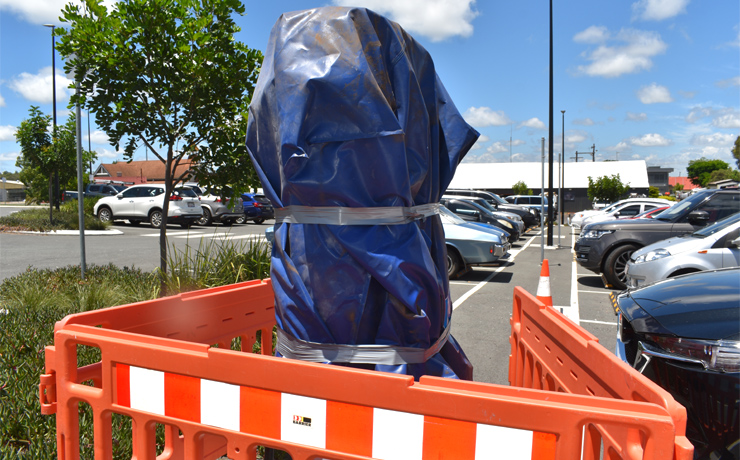







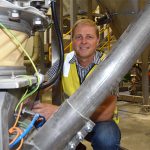

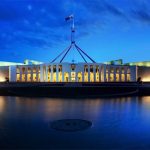
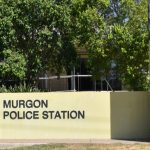

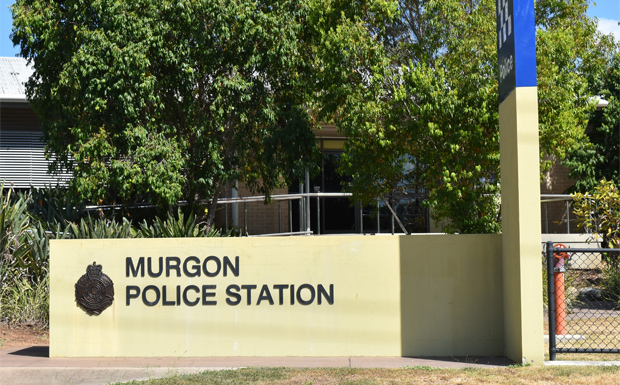











Are Electric Vehicles really clean? Really?
They run on dirty energy and blood of children as young as six. Electric cars drive human rights abuse and child labour. China is one of the villains in this story. Are electric carmakers equally guilty too?
What is “clean” for the environment may not really be clean. All part of the clean energy myth which is supposed to be cheap and sustainable.
This is what I see and think of when I see an E.V.
Electric vehicles will not go without batteries and the batteries that are used are complex and expensive to produce and child labour is used in countries. It is hidden away from us that would be concerned about all this exploitation.
There is a lot of information available with a search of “the dark side of electric vehicles”.